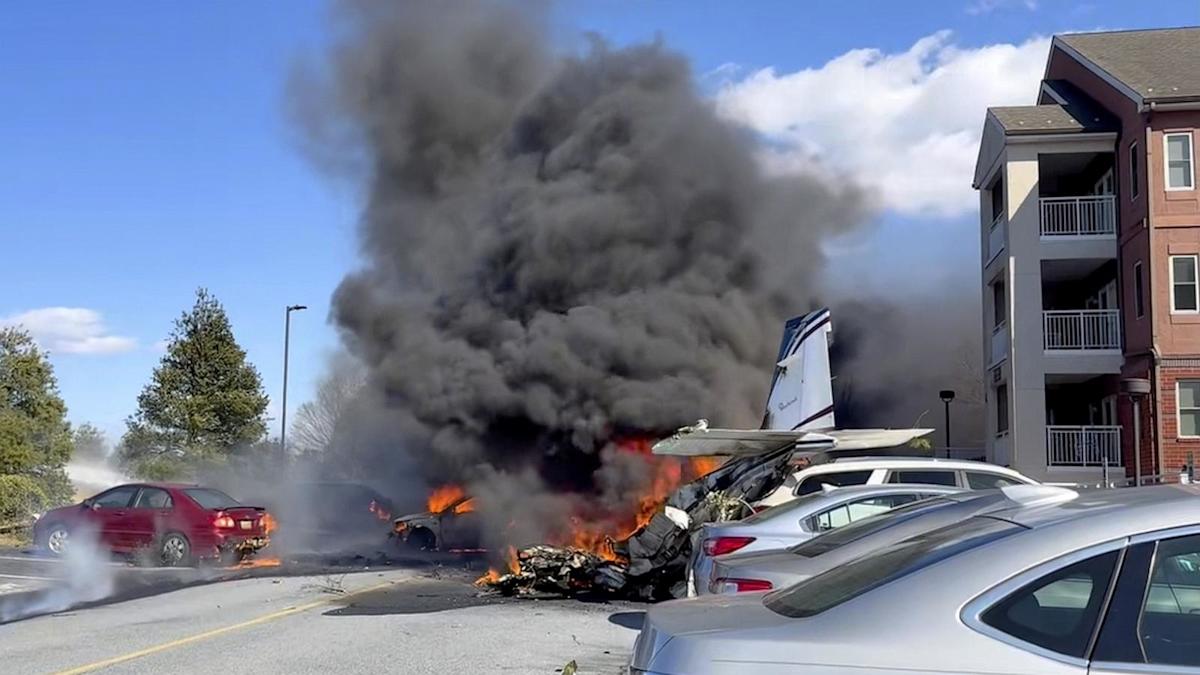Unfolding Crisis: Key Developments in the Gaza Conflict and Hostage Situation
The Gaza conflict has escalated dramatically in recent months, leading to a humanitarian crisis that has captured the attention of the global community. As tensions rise, the situation becomes increasingly complex, especially with the ongoing hostage situation that has emerged as a focal point in negotiations and international relations. This article aims to provide a comprehensive overview of the latest developments in the Gaza conflict, shedding light on the implications for the region and the world at large.
Current Status of the Hostage Situation
One of the most pressing aspects of the Gaza conflict is the evolving hostage situation. Reports indicate that numerous individuals, including civilians and international nationals, have been taken captive amidst the chaos of conflict. Recent developments have seen some hostages released, which has sparked hope for further negotiations.
- Release of Hostages: In recent days, there have been significant breakthroughs, with a number of hostages being freed. These releases are often the result of complex negotiations involving multiple actors, including governments, NGOs, and international bodies.
- Impact on Families: The families of hostages are enduring unimaginable stress and uncertainty. The emotional toll is profound, and the public outcry for their safe return has added pressure to the involved parties.
- International Reactions: The release of hostages has prompted a wave of reactions from various nations and organizations, emphasizing the need for humanitarian considerations in conflict situations.
Key Developments in the Gaza Conflict
The Gaza conflict has a long and tumultuous history, but recent escalations have reached a critical point. Several key developments have shaped the current landscape:
- Military Engagements: The ongoing military engagements between Israeli forces and Palestinian groups have intensified, leading to significant casualties and destruction. Airstrikes and ground operations have become commonplace, with both sides suffering losses.
- Humanitarian Crisis: The humanitarian situation in Gaza is dire. Access to basic necessities such as food, water, and medical supplies has been severely restricted. International agencies are struggling to provide aid amid the ongoing conflict.
- International Mediation Efforts: Amidst the violence, various nations and organizations have attempted to mediate peace talks. The involvement of international players is crucial, as they seek to broker a ceasefire and address the root causes of the conflict.
Implications for the Region
The implications of the Gaza conflict extend far beyond its geographical borders. The regional dynamics are influenced by a multitude of factors:
- Geopolitical Stakes: Neighboring countries are closely monitoring the situation, as the conflict affects not only their security but also their political relationships. The involvement of regional powers could escalate tensions further.
- Refugee Crisis: As the conflict persists, the potential for a refugee crisis looms large. Many individuals may be forced to flee their homes, leading to increased strain on neighboring nations and international resources.
- Public Sentiment: The conflict has sparked widespread protests and demonstrations around the world, highlighting the global public’s concern for human rights and humanitarian needs.
International Reactions and Humanitarian Efforts
In response to the unfolding crisis, the international community has shown a mix of condemnation, support, and calls for action. The reactions can be categorized as follows:
- Diplomatic Initiatives: Countries like Egypt and Qatar have stepped up their diplomatic efforts, facilitating talks between conflicting parties and advocating for a peaceful resolution.
- Humanitarian Aid: Numerous NGOs and international organizations are mobilizing resources to provide aid to affected populations. Medical assistance, food supplies, and psychological support are critical components of their efforts.
- Calls for Accountability: Human rights organizations are urging accountability for all parties involved, emphasizing the need for adherence to international law and the protection of civilians.
The Path Forward: Hope Amidst Crisis
Despite the overwhelming challenges posed by the Gaza conflict and hostage situation, there are glimmers of hope. The recent releases of hostages signify a willingness among some parties to engage in dialogue. Furthermore, the international community’s increasing involvement may pave the way for a comprehensive approach to peace.
- Dialogue and Negotiation: Continued dialogue is essential for a sustainable resolution. All parties must be willing to engage in negotiations that prioritize the safety and well-being of civilians.
- Long-term Solutions: Addressing the root causes of the conflict is crucial. This includes socio-economic development, political representation, and a commitment to human rights.
- Strengthening International Cooperation: Global cooperation can lead to more effective humanitarian responses and diplomatic efforts. Countries must unite to advocate for peace and support those affected by the conflict.
Conclusion
The unfolding crisis in Gaza, characterized by the complex interplay of the conflict and the hostage situation, presents significant challenges and opportunities for the region and the world. As we continue to monitor these developments, it is imperative for the global community to advocate for peace, support humanitarian efforts, and work towards a future where such crises are no longer a reality. The path forward may be fraught with difficulty, but with concerted efforts, there is hope for a resolution that prioritizes human dignity and lasting peace.
See more Update My News



